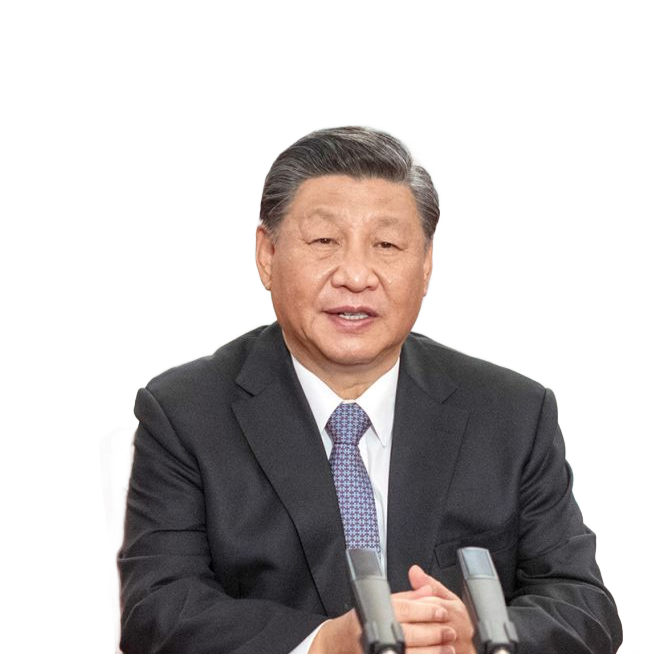Defaults by Chinese borrowers have reached a historic peak since the onset of the coronavirus pandemic, underscoring the severity of the country’s economic decline and the challenges hindering a complete recovery. Official records indicate that 8.54 million individuals, predominantly aged between 18 and 59, are now on the government’s blacklist for failing to meet payment obligations, spanning home mortgages to business loans, as per information from local courts. This figure, constituting roughly 1% of working-age Chinese adults, has surged from 5.7 million defaulters in early 2020. The increase in defaults, attributed to pandemic-related lockdowns and economic constraints, poses a significant hurdle to rebuilding consumer confidence in China— the second-largest global economy and a pivotal driver of international demand.
The absence of personal bankruptcy laws in China exacerbates the financial and social impact of escalating debt. Under current Chinese legislation, blacklisted defaulters face restrictions on various economic activities, including purchasing airline tickets and utilizing mobile payment platforms like Alipay and WeChat Pay. This compounds the challenges for an economy grappling with a slowdown in the property sector and diminished consumer confidence. The blacklisting procedure is initiated when a borrower is taken to court by creditors, such as banks, and subsequently misses a payment deadline. Dan Wang, Chief Economist at Hang Seng Bank China, points out that the surge in defaulters is a result of both cyclical and structural issues, indicating a potentially worsening situation before any signs of improvement.
The personal debt crisis stems from a surge in borrowing by Chinese consumers over the past decade. Household debt, constituting 64% of the gross domestic product as of September, nearly doubled in the last ten years, according to the National Institution for Finance and Development. However, the manageable nature of these financial obligations has been compromised as wage growth stagnates or turns negative amid economic challenges. As more financially strained Chinese consumers struggle to meet their financial commitments, an increasing number are defaulting on payments.
The rise in defaults is also mirrored in troubling economic indicators, such as a record youth unemployment rate of 21.3% in June. Individuals like John Wang, a Shanghai-based office worker laid off in May, express uncertainty about settling credit card balances due to job loss. Financial institutions, such as China Merchants Bank, report a 26% increase in bad loans from credit card payments overdue by 90 days in 2022 compared to the previous year. China Index Academy notes a 32% year-on-year increase in foreclosures, totaling 584,000 in the first nine months of 2023.
Life becomes challenging for blacklisted borrowers navigating state-imposed restrictions. Government jobs become inaccessible, and toll road usage may be prohibited. Jane Zhang, an advertising company owner in Jiangxi province, faced a ban on using WeChat Pay for her toddler’s meals, prompting her to advocate for more reasonable punishments.
With defaults on the rise, legal experts propose implementing personal bankruptcy laws to offer relief for individual insolvencies. Liu Junhai, a law professor at Renmin University involved in drafting China’s corporate bankruptcy law, emphasizes the need to find solutions for individuals facing financial challenges. However, the lack of transparency regarding personal finances complicates the implementation of such measures. Policymakers encounter resistance in passing regulations on individual asset disclosures due to concerns about revealing corruption.
Amidst limited prospects for relief, many blacklisted borrowers abandon efforts to restore their financial well-being. Zhang, for instance, opted to close her advertising business after losing government accounts due to restrictions on working with blacklisted companies. Despite assurances from the court that life would return to normal upon debt repayment, the reality remains bleak for individuals grappling with numerous restrictions on their economic activities.
By: Montana Newsroom staff




